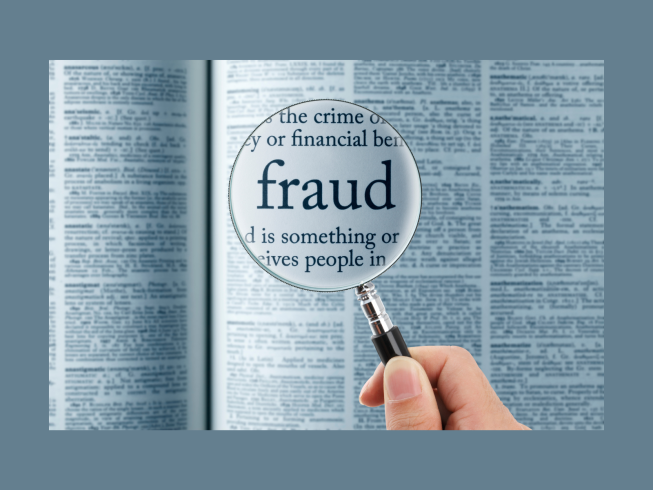Please note, the bank will NEVER call or text you for any of your personal banking information. If you receive a call or text, please call your local branch immediately.
Stay secure online. Make sure your computer's anti-virus and security is up-to-date. Look for https at the start of a URL on a website that you will utilizing and exchanging data such as ordering sites or banking. Do not click on advertisements or pop-ups. If you cannot get out of a screen with a pop-up, shut down your computer and call your IT department.
Monitor your accounts. Review your balances and account activity daily. If you notice any unauthorized transactions notify your financial institution immediately. Transactions generally must be returned within 24 hours of posting.
Business Email Compromise. Though not a new phenomenon, businesses continue to lose money through fraudulent emails. Some examples of requests that should never be acted on via email include, changes to financial information, initiating payment orders, updates to information or address changes. Make sure to verify any of these requests directly with your client or customer in-person or by speaking with a trusted company representative by phone. You can also check if the email address is legitimate by hovering over the address and seeing what the description says. This should not substitute getting in touch directly with a client or customer to verify information, however. Emails can also be sent directly from legitimate addresses if a system is hacked or compromised.
Guard sensitive documents. Make sure to store your checks in a locked drawer or cabinet. If you utilize virtual deposit solutions, such as Remote Deposit Capture or Mobile Deposit, make sure to keep your checks for at least 60 days or for the time frame recommended by your financial institution. If you keep paper copies of bank statements, put them in a secure place until you file your taxes, then shred unless needed for audit or other purposes. Keep a protected shred bin on side and train employees to put all appropriate hard copies immediately when they no longer need them. Sign up for electronic bank Statements to access statements online, anytime, anywhere.
Regularly review your credit report. Check your credit reports for any suspicious activity. There are several reputable sites you can review your credit report from free annually, and additional sites that provide your credit score. Sign up for alerts from your credit card provider. If anything doesn’t seem right, call the related credit bureau and card merchant to report.
Slow down. We are all busy, but mistakes can happen under pressure or stress. Be watchful of calls or emails that request sensitive information. Never give out company, personal, or financial information unless you know it's a trusted source and they have a legitimate reason for their ask. A trademark of scammers is to rush their victims or play on emotions to get a quick reply. Calm yourself so you can think rationally.
Learn how our services can help your business mitigate fraud list and view our Fraud Prevention Checklist here.
Our Treasury Management specialists are experts at helping you protect your business. Call us today at 414-235-5897 or email Melinda M. Toy CTP.
